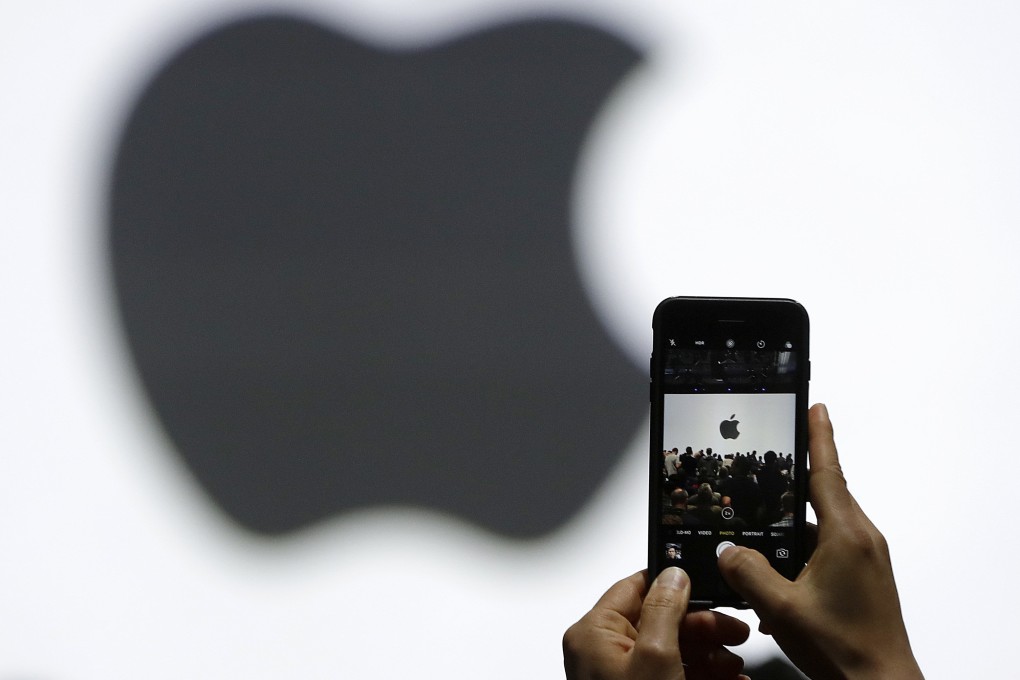Apple to handle lending itself for new Pay Later service, but keeps partnership with Goldman Sachs for credit card
- The new Apple Financing business will oversee credit checks and make decisions on loans for Apple Pay Later, a service unveiled this week
- Bringing some financial services in-house could allow the iPhone maker to collect more revenue, but it has no plans to end banking partnerships for Apple Pay

Apple Inc will handle the lending itself for a new “buy now, pay later” offering, sidestepping partners as the tech giant pushes deeper into the financial services industry.
A wholly owned subsidiary will oversee credit checks and make decisions on loans for the service, which is called Apple Pay Later. The business – Apple Financing LLC – has necessary state lending licenses to offer the feature, though it operates separately from the main Apple corporation, the company said in response to Bloomberg questions.
Goldman Sachs retains a smaller role in the new programme. The financial firm is the issuer of the Mastercard payment credential that’s used to complete Apple Pay Later purchases. Apple Financing doesn’t have its own bank charter.
Apple has been working to move many elements of its financial services in-house as part of a secret initiative dubbed “Breakout”. In addition to taking on lending, credit checks and decision-making, Apple is working on its own payment processing engine that may eventually replace CoreCard Corp, Bloomberg reported in March. It’s also working on new customer-service functions, fraud analysis, tools for calculating interest and rewards for other services.
Few companies can match Apple’s financial resources. It had nearly US$200 billion in cash and marketable securities at the end of the last quarter and generated almost US$95 billion in profit during the latest fiscal year. Still, Apple wouldn’t be taking on much risk with the latest effort: Apple Pay Later transactions will be capped depending on a user’s credit history.